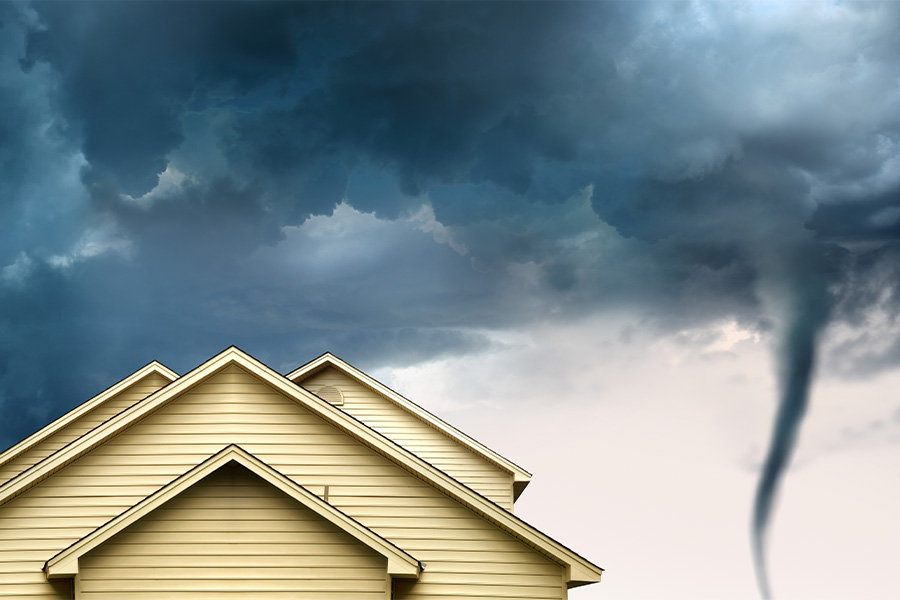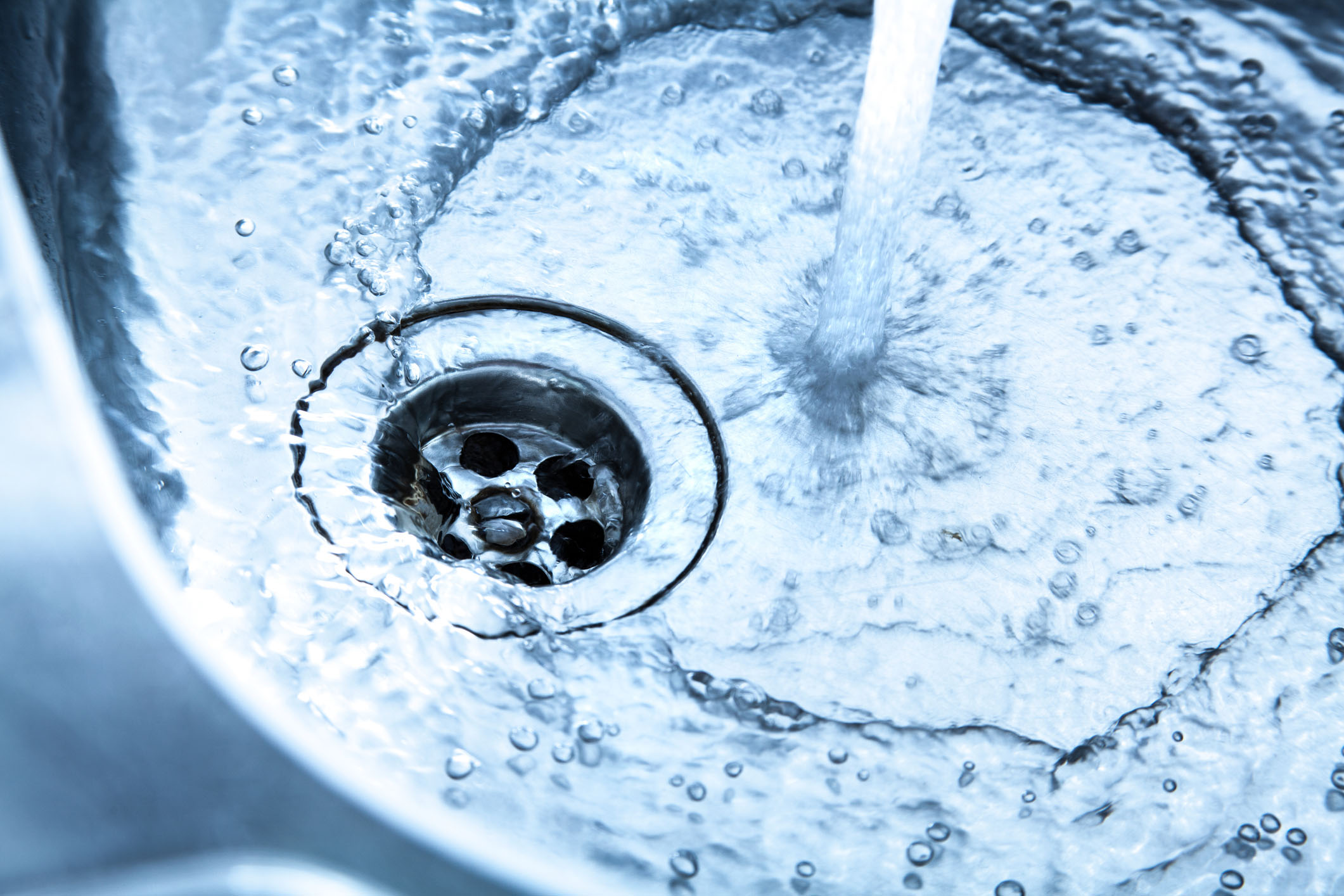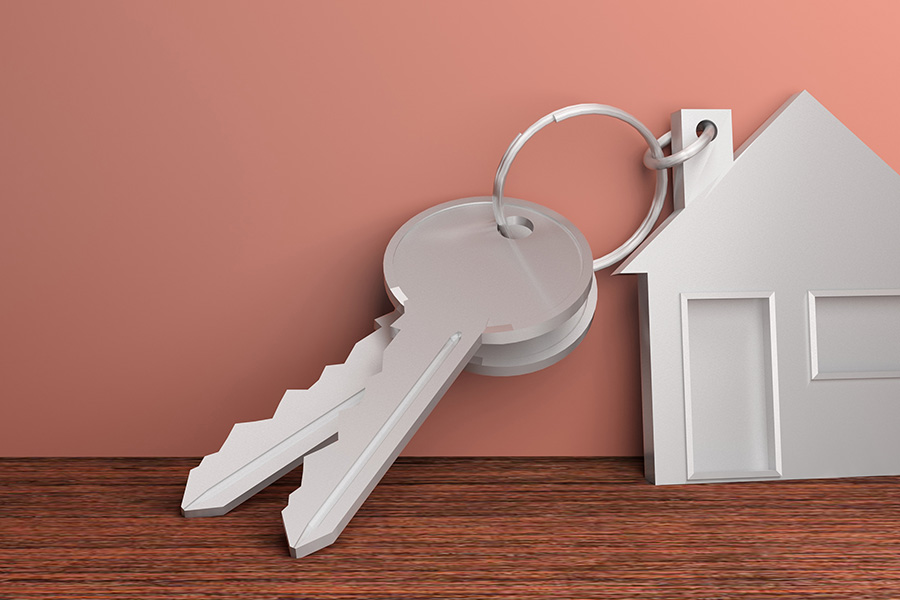Financial Planning, Housing and Consumer Economics
-

This is a basic list of supplies you should have ready for emergencies. Keep the items you will most likely need during an evacuation in an easy-to-carry, waterproof container. Be mindful that this is a basic list of supplies. A more comprehensive list can be found in the Home Emergency Management Guide.
Pamela R. Turner
|
-

B 1563
Oxidizing Filters
Private well waters often contain high levels of iron, manganese, and hydrogen-sulfide. While these contaminants are not considered to have any human health consequences, they can cause various issues such as staining, impaired taste, and odor problems once their concentration exceeds certain levels, and homeowners need an appropriate system to remove them—such as an oxidizing filter. Oxidizing filters operate using oxidation, which occurs when a substance comes into contact with oxygen or another oxidizing substance. Everyday examples of oxidation are rust and the brown color that develops on a cut apple. This publication discusses various aspects of oxidizing filtration technique such as applicability, types of filter media, maintenance, etc.
Gary L. Hawkins, Brenda Jackson, Pamela R. Turner, Uttam K. Saha, Laurel Dunn, and Laura Ney
|
-

C 1041-1
Moving Forward
Experiencing a loss of income can be devastating. Getting by with less may seem like an impossible task. Learn how to move forward by implementing the keys to success: thinking positive, considering the possibilities, and mapping out your plan.
Christa Anderson Campbell and Travis P Mountain
|
-

Learn 10 strategies for better time management, including knowing how to spend your time, setting priorities, using planning tools, getting organized, scheduling, delegating, and avoiding procrastinating, wasting time, and multitasking.
Travis P Mountain
|
-

C 1041-2
What About Your Assets?
Now that you are living on less, it is tempting to cash in your assets to pay the bills and make ends meet. Start thinking about the types of assets you have and the long-term implications of cashing them in.
Travis P Mountain and Dana Carney
|
-

C 1041-7
Taking Care of You and Your Family
Dealing with the financial aspects of your situation is important. But it is equally important to deal with the psychological and emotional aspects that you and your family are experiencing. Gain insight on how to take care of yourself, how to meet the needs of your family and how to deal with stress.
Christa Anderson Campbell, Andrea Scarrow, Travis P Mountain, and Dana Carney
|
-

Mechanical filtration removes suspended solids and dirt to greatly improve the clarity of water. Various kinds of mechanical filtration methods and devices are available for home water treatments. Primarily, the size of the suspended solids will determine the appropriate type of mechanical filtration device suitable for your unique situation. Consumers interested in filtration devices should discuss the advantages and disadvantages of various available options with a water treatment professional. This publication discusses the various aspects of mechanical filtration.
Gary L. Hawkins, Pamela R. Turner, Uttam K. Saha, and Jason Lessl
|
-

C 1217
Leasing Smart in Georgia
This publication offers guidance on shopping for rental housing, leasing, moving in, handling repairs, dealing with problems, paying rent, moving out, and fair housing. For more information about renting, visit dca.ga.gov to see the Georgia Department of Community Affairs Landlord-Tenant Handbook, which provides valuable information about the responsibilities and rights of landlords and tenants in Georgia.
Pamela R. Turner
|
-

C 1110
Before You Invest
Saving and investing are critical steps to achieving your financial goals. Although these terms are often used interchangeably, they are quite different. Understanding the differences between saving and investing is the first step toward reaching your financial goals.
Joan Koonce
|